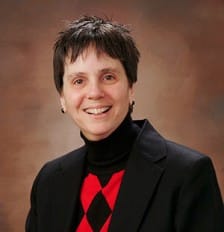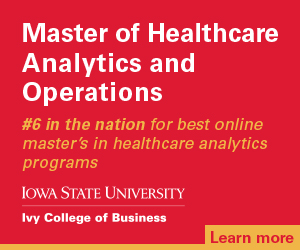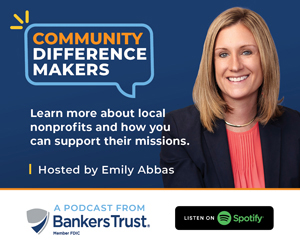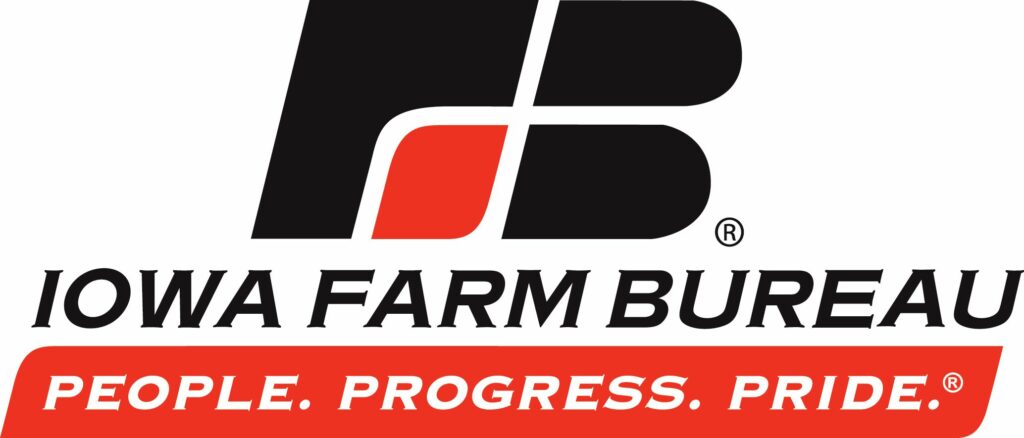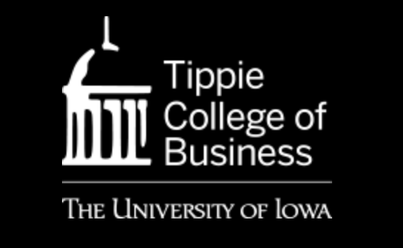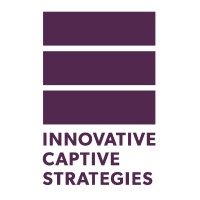Veridian profits from being bold but not brassy
As the head of the state’s largest credit union, Jean Trainor can’t be accused of closing her eyes to the realities of a bad economy. But she can decide not to let it slow down the business she leads.
“What we wanted to do was make sure we were looking for opportunities; rather than pulling back or not lending money, we just chose not to participate in the recession,” said Trainor, president and CEO of Veridian Credit Union.
As a result, Veridian is providing financing in areas such as commercial real estate development, which is being shunned by banks that suffered through the financial crisis that erupted in 2008 and show symptons of “risk paralysis.”
Trainor would not say that her institution has turned its back on sound underwriting practices, but it has taken chances where other lenders would not.
And Veridian and its owners – its depositors – have not suffered as a result.
“We might make decisions that have a negative impact on our bottom line, but if they are in the best interests of members, our bottom line would follow,” she said.
In fact, the credit union is classified as “well capitalized” by the federal agency that oversees credit unions. Its financial reports show that the percentage of its loans that are delinquent is well below industry standards, as are its charge-offs of bad loans.
With $1.7 billion in assets at the end of the third quarter, Veridian is the largest credit union in Iowa and one of the top 100 in the nation, and its asset size places it among the elite of state-chartered financial institutions operating in Greater Des Moines.
Veridian, like all credit unions, is owned by its members, the people who purchase a $5 share – essentially a deposit – and earn a dividend on their savings. It is not beholden to private investors who might expect a return on investment when performance does not warrant one.
Economy forced a change
Deere & Co. employees founded the credit union in 1934 when they wanted an alternative to for-profit banks for managing their finances. At the time, it was called the John Deere Employees Credit Union.
In the mid-1980s, the credit union was allowed to expand its membership beyond Deere employees. It now serves 35 counties in the state and has five branch locations in Greater Des Moines.
Trainor, who has been with Veridian since 1982, said the decision to become a community credit union was based on the economic realities of the time. Deere was shedding workers, and as a result, the credit union was losing members.
“The change in our charter was based on a financial decision to make sure we were viable going forward,” she said.
A name change came in 2006, when Deere, citing trademark concerns, asked that its name be dropped. Veridian is a combination of the words “verdant,” meaning green and growing, and “veritas,” meaning truth, Trainor said.
In addition to offering a source of savings vehicles and consumer lending, Veridian entered the business loan market out of a desire by Deere retirees to start their own businesses. That was a limited business segment for the credit union and had little presence, at the time, in Greater Des Moines.
John Poley left West Bank to head Veridian’s commercial lending division in 2008.
The credit union provides a variety of financing, including commercial real estate loans, operating lines of credit and equipment leases.
In the last two years, Veridian has doubled its business loan portfolio, after it “essentially started from scratch,” he said. As of the third quarter, business loans added up to $80 million, compared with $39 million at the end of 2009.
Veridian is in a strong enough capital position to self-fund most of its loans, and it is not afraid to enter territory shunned by commercial banks.
Helping a mission
Chaden Halfill, managing member of Indigo Dawn LLC, is a determined man with a big idea but, until recently, little money to back it up.
His idea centers on a former Sherman Hill grocery store, where he has spent the last three years trying to line up private financing to complement public funds he has put together for a pilot project to demonstrate the sustainable rehabilitation of small mixed-use buildings.
“I went to numerous banks and had delightful conversations; people were giving me pointers, but in terms of lending, in some cases it was that ‘we aren’t lending for construction,’” Halfhill said. “The search wore me out.”
At the same time, Halfhill was hearing that credit unions had weathered the financial crisis in a little better financial shape than commercial banks. He also learned that his former banker, Poley, was at Veridian.
Halfhill obtained a $400,000 construction loan from Veridian, which, he says, will leverage an additional $2 million investment into the community.
Underwriting requirements were as strict, if not more so, than those of commercial banks, Halfhill said.
The project “just needed somebody to kick-start it,” Poley said.
“Here was a perfect example of somebody who had a business plan and had done all of the due diligence and still was unable to get anybody to assist him,” he said. “It was not a large transaction, but for us it’s been a very nice transaction.”
Reaching into the community
Veridian also has recognized an opportunity in helping immigrants gain some financial literacy and, possibly, take an ownership stake in the credit union.
“Immigrants, for example, might not have a great deal of wealth, but if we help them build wealth and be financially secure, it benefits them as well as the credit union,” Trainor said. “If we take a risk on someone who might not be a profitable member and help them achieve success, it’s a win- win.”
Veridian has launched a Spanish language website and it will open a service office this week at the Hola Center, 618 E. 18th St., where it will help immigrants negotiate the complicated process of obtaining a taxpayer identification number.
“We want to be in the community providing financial education – budgeting, saving, balancing a checkbook,” said Eric Kinman, Veridian’s communications director.
“It’s not a transaction-based location; it’s a service-based location,” he said. “Our mission is (for immigrants) to be better off tomorrow than they are today. We all have a vested interest in that.”
In addition, Veridian is gaining exposure in immigrant communities through its sponsorship of a statewide soccer league with more than 700 players who moved to Iowa from Mexico, South America, Africa and Europe.
The league was renamed the Veridian Credit Union International Soccer League this year. A team made up of the league’s all-stars has traveled out of state, and Veridian picks up the cost of tickets for matches with the Des Moines Menace B team. It also bought shirts for the select team.
In addition, Veridian helped the league build a website where it can post schedules, statistics and standings, Kinman said.
The credit union way
Trainor and Kinman are quick to say that Veridian’s guiding philosophy is all about providing service to its owners – the depositors or individual shareholders who help build its wealth.
“I’m a firm believer, personally and professionally, in the cooperative approach to living and being,” said Kinman, who has spent his career in the credit union industry.
“We’ve never really been about being big; it was more about diversifying and delivering services,” Trainor said.
She noted that she went to work for the credit union after working for a public accounting firm that audited it.
“They were pretty nice to the auditors, so I thought it would be a good place to work,” Trainor said.
She has been Veridian’s president and CEO since 1990 and has led its expansion into communities across the state, and has overseen its foray into commercial lending, growth into online banking and its recent addition of mobile banking, making Veridian among the first credit unions to offer the service.
“It all comes down to focusing on what is best for the members,” Trainor said.


